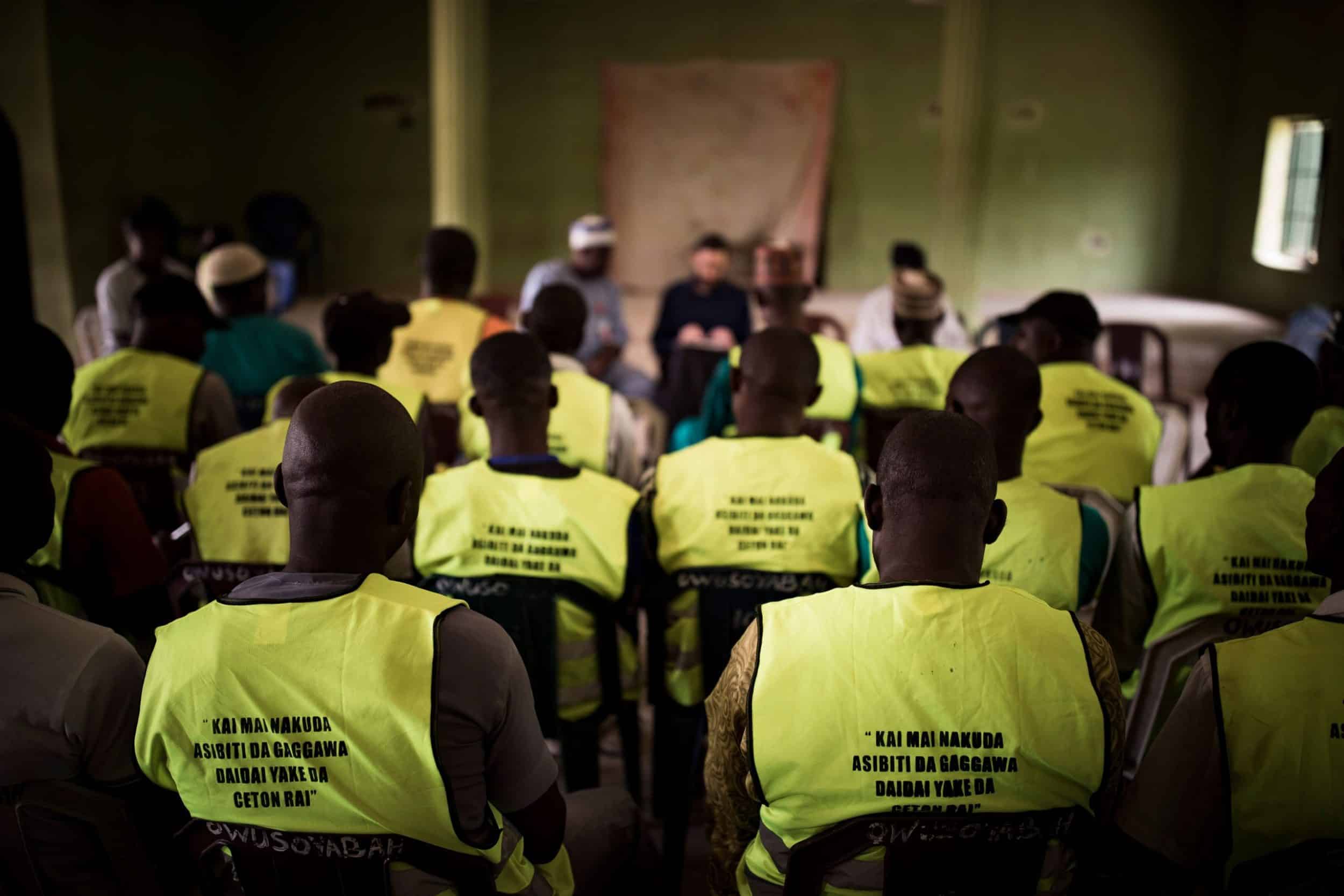Reports and Research Papers

Article: Transforming Public Transport: Harnessing Local Collaborations to Combat Gender-Based Violence in Cape Town’s Minibus Taxi Industry
Gender-based violence (GBV) is a pervasive issue globally, and Cape Town, South Africa, is no exception. Here, women face numerous challenges as users of public transport.
Safety is a major concern for women using the minibus taxi system in Cape Town. Women are vulnerable to physical and sexual assault, particularly when travelling alone or at night. There have been reports of women being robbed, harassed, and even raped while using minibus taxis.
Another challenge that women face in the minibus taxi system is a lack of access to information and resources. Many women are not aware of their rights as passengers or of the services and support available to them. This can include access to emergency services or helplines or information on how to report incidents of harassment or assault.
All of these factors make it difficult for women to feel safe and secure when using public transport in Cape Town. In response to these challenges, the project “Youth engagement and skills acquisition within Africa’s transport sector: promoting a gender agenda towards transitions into meaningful work” was implemented in Cape Town (2019-2023). This action research project aimed to understand more about the vulnerability of women as both users and employees within the public transport sector, and, implement pilot projects to address these challenges.
The project team employed a multi-pronged approach, engaging female commuters and minibus taxi industry employees through skills development training, awareness campaigns, and the creation of a Safe Taxi Charter. Supported by strong local partnerships, including a gender justice non-governmental organization (NGO), academic and peer researchers, and the private sector, the project sought to foster a gender-sensitive and violence-free environment.
This article explores the impact of these interventions and highlights the potential of locally-led, interdisciplinary collaborations in driving positive change.
Click below to read the full article.









